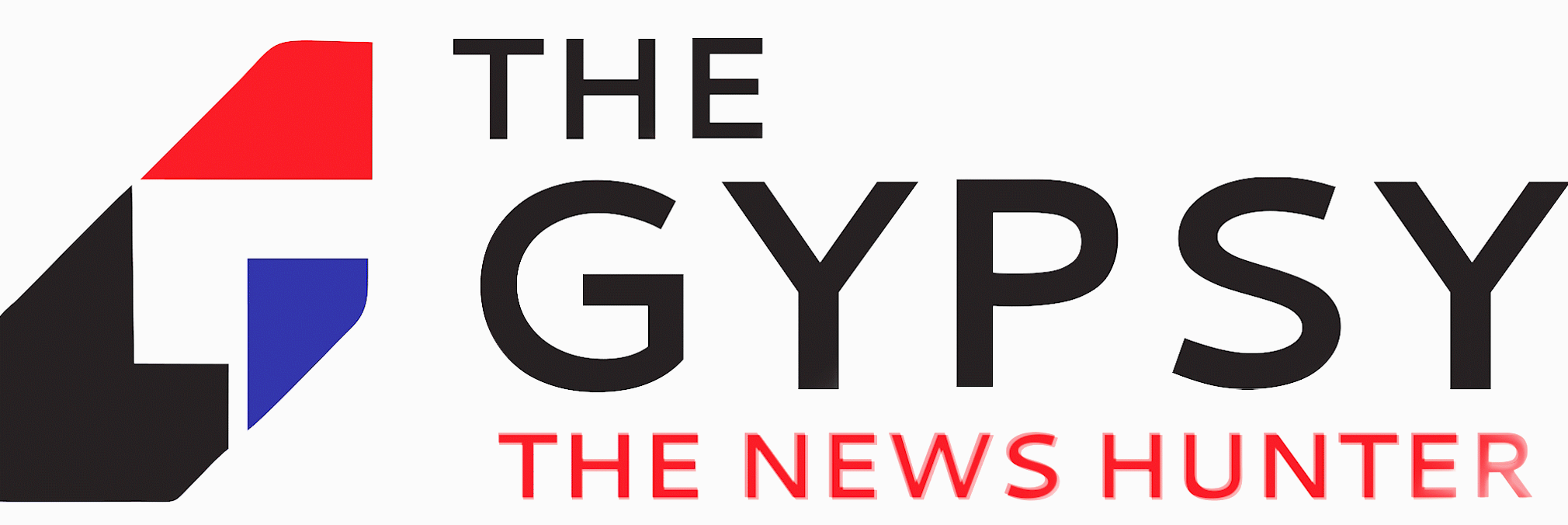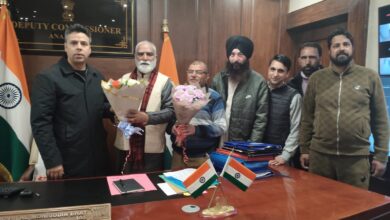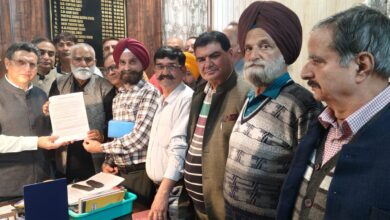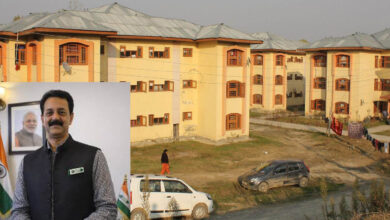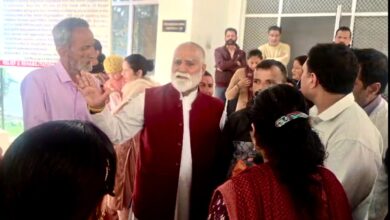Did You Know Weed Was Legal in India Till 1985? A Look at India’s Long History with Cannabis
In India, marijuana has been in use for millennia in various forms including ganja, bhang, hashish and other variants. Its oldest known usage and mention goes as far back as 2000 BCE.
Is weed legal in India? The answer is, no. It isn’t. But did you know that it was until 1985?
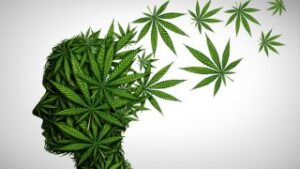 The untimely and tragic death of Bollywood actor Sushant Singh Rajput has opened a Pandora’s box in the film industry. What first started as a debate against nepotism and outsider bias has now conflagrated into a raging debate on drug usage in the industry.
The untimely and tragic death of Bollywood actor Sushant Singh Rajput has opened a Pandora’s box in the film industry. What first started as a debate against nepotism and outsider bias has now conflagrated into a raging debate on drug usage in the industry.
The Narcotics Control Bureau (NCB) has been investigating the possible role of drugs in the SSR death case following allegations against actor and Rajput’s reported girlfriend Rhea Chakraborty giving him drugs such as marijuana, which is an illegal substance in India.
But did you know that up until 1984, wee was actually legal in India?
In India, marijuana has been in use for millennia in various forms including ganja, bhang, hashish and other variants. Its oldest known usage and mention goes as far back as 2000 BCE.
Bhanga has been mentioned in texts dating back to 1000 BCE and also in the Vedas. The Atharva Veda names bhang as one of five special plants that can relieve anxiety. The Sushruta Samhita also mentions it as a medicinal plant.
When the Portuguese and /british came to Indis, they also found a thriving cannabis trade and consumption pattern in India. The British even taxed it and were perhaps the first to pass laws in connection to the usage of marijuana. It was also in British India that calls for criminalising cannabis were first raised in 1838, 1871, and 1877 consecutively. But ganja continued to enjoy lagality.
Criminalisation
The world’s outlook toward weed changed after the international treaty ‘Single Convention on Narcotic Drugs’ – influenced by the American outlook on the usage and harmful effects of marijuana – categorized weed along with other harmful, hard drugs. Passed in 1961, it required nations to classify marijuana as a dangerous drug.
India cited the treaty’s intolerance of bhang’s social and religious relevance in India and negotiated that while it would ban cannabis (ganja or the flowering buds of the cannabis plant) but not its byproducts meaning Bhang (leaves and seeds of the cannabis plant excluding the. top). It also received a 25-year-period to internally regulate the usage of recreational drugs.
In 1985, India passed the Narcotic Drugs and Psychotropic Substances Act in 1985 which continued to criminalise cannabis in the form of buds or resin (charas) while allowing the sale of bhang – a byproduct of cannabis that is still heavily consumed on festivals like Holi and Shivratri. The sale and regulation of the latter were left up to states to decide.
Thus, India’s laws against weed seem largely to be based on a treaty that has since become null. Several states with the United States have already legalised the use of recreational and medicinal marijuana, giving it a quasi-legal status (sale of weed is still a federal crime).
While calls for legalising weed have gained momentum over the past few decades in India, the death of Sushant Singh Rajput and the consequent media trial of Rhea Chakraborty based on their alleged consumption of weed has once again raised questions about the criminal status of weed. Critics claim that the weed ban is not only detrimental to mental health but also a source of revenue loss for the Indian economy. According to a Ministry of Social Justice and Empowerment study, nearly 2.83% Indians aged 10–75 years who consume marijuana. That’s 31 million people.
The NCB, meanwhile, has registered a case against Rhea, her brother Showik, talent manager Jaya Saha, Shruti Modi, and Goa-based hotelier Gaurav Arya under Sections 20 (b), 28, and 29 of the Narcotic Drugs and Psychotropic Substances Act.
